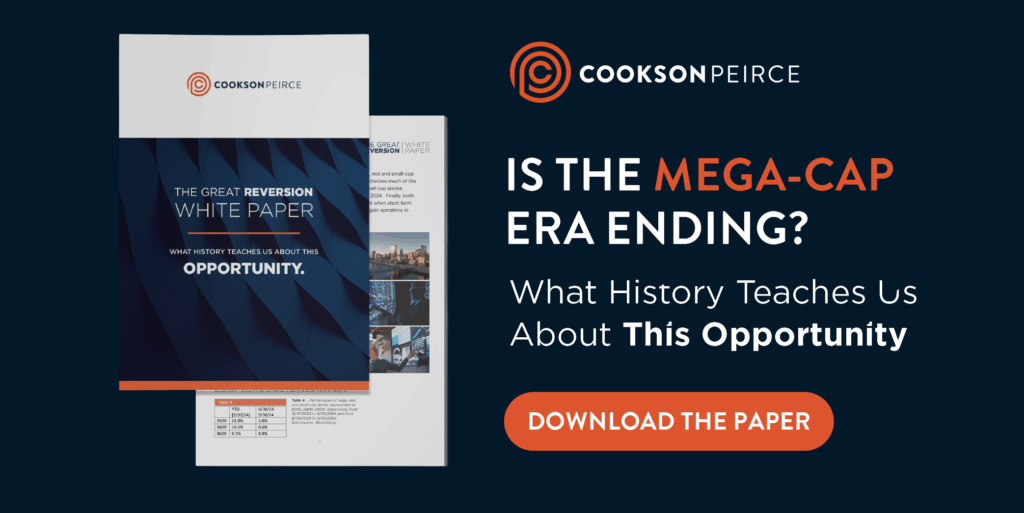In this article, we’ll explore…
- Maximizing Retirement Contributions: How fully funding 401(k), IRA, and Roth accounts before year-end can reduce taxable income, compound long-term growth, and take advantage of new SECURE Act 2.0 catch-up provisions
- Capital Gains and Loss Harvesting: Using realized losses to offset gains, rebalance portfolios tax-efficiently, and turn market volatility into an opportunity—while staying compliant with wash-sale rules.
- Charitable Giving Strategies: How bunching deductions, leveraging Donor-Advised Funds, and planning gifts strategically can enhance both philanthropic impact and tax savings.
- Managing Concentrated Stock and Equity Compensation: Approaches to diversify appreciated stock holdings, exercise options thoughtfully, and minimize exposure to the Alternative Minimum Tax (AMT).
- Estate and Gifting Efficiency: Ways to use the 2025 annual gift exclusion and discuss a plan for larger transfers now that the federal estate-tax exemption threshold has been extended beyond this year.
As the year winds down, many families focus on holidays and travel plans — but for high-income earners, it’s also prime time to fine-tune your tax strategy. The window to make meaningful moves closes on December 31, and thoughtful planning now can help preserve wealth, manage tax exposure, and position your portfolio for the year ahead. Below are several strategies our team often helps affluent families consider before year-end.
1. Maximize Retirement Contributions — Before It’s Too Late
Contributing the full amount to your employer-sponsored plan or IRA can reduce taxable income and help compound future growth. For 2025, the maximum 401(k) contribution limit is $23,500 (or $31,000 for those age 50 or older, including the $7,500 catch-up contribution). If you’re between ages 60 and 63, take advantage of the new “super catch-up” contributions introduced under SECURE Act 2.0 for even greater savings potential. If you’ve already maxed out your standard limits, explore after-tax or backdoor Roth IRA options to further expand tax-advantaged savings.
2. Review Capital Gains and Harvest Losses
If you’ve realized significant gains this year, consider offsetting them by harvesting losses elsewhere in your portfolio — but avoid “wash-sale” rules that disallow losses if you repurchase substantially identical securities within 30 days. A disciplined, tax-aware rebalancing approach can turn volatility into an advantage.
3. Strategically Time Charitable Giving
High-income households can enhance their impact while improving their tax profile by “bunching” deductions — donating several years’ worth of charitable gifts in a single tax year to exceed the standard deduction threshold. One effective way to implement this strategy is through a Donor-Advised Fund (DAF), which allows you to make the full contribution (and take the deduction) now while distributing the funds to charities over time.

4. Address Concentrated Stock Positions and Equity Compensation
Executives and business owners with large, appreciated stock holdings should consider diversification strategies like exchange funds or structured sales. For those with recently vested stock options, exercising before year-end (in coordination with your CPA) can help prevent an unexpected Alternative Minimum Tax (AMT) surprise.
5. Plan for Gifting and Estate Tax Efficiency
The annual gift exclusion allows you to give $19,000 per recipient in 2025 without using your lifetime exemption — a simple yet powerful way to reduce a future estate. Consider discussing larger gifts or intra-family loans with your advisor. It may make sense now that the federal estate-tax exemption threshold has been extended beyond 2025.
Now Is the Moment to Act
Before the year closes, a few smart, coordinated moves can meaningfully improve your long-term financial picture. But timing is everything.
At CooksonPeirce, we work alongside your CPA, attorney, and other trusted advisors to align your investment, tax, and estate strategies — aiming to help your wealth grow not just larger, but smarter.
Schedule a brief year-end planning conversation with our team today to see how proactive tax strategy can protect and enhance what you’ve built.
Disclosure:
This material is for informational purposes only and should not be construed as tax or legal advice. You should consult your tax or legal professional regarding your specific situation. Investment advisory services are offered through Cookson Peirce & Co., Inc, a registered investment adviser. Investments involve risk, including possible loss of principal.


